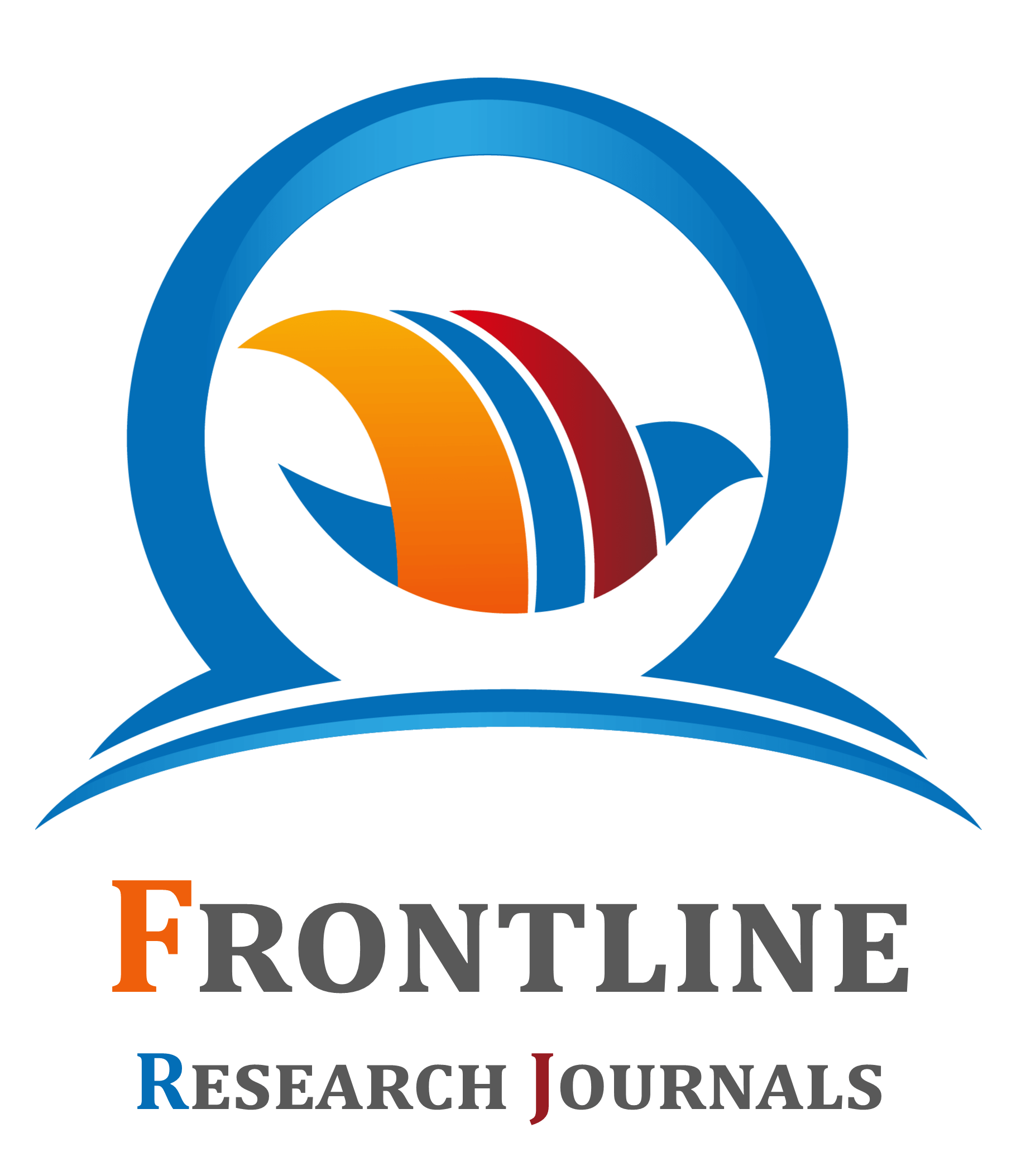A conceptual model for Agro-based product standardization in Nigeria’s agricultural sector
1 Standards Organization of Nigeria.
2 Zenith General Insurance Company Limited, Nigeria.
3 The Velvet Expression, Lagos, Nigeria.
4 Independent Researcher, Lagos, Nigeria.
5 Zenith Bank Nigeria.
Review
International Journal of Frontline Research and Reviews, 2023, 01(03), 001–017.
Article DOI: 10.56355/ijfrr.2023.1.3.0030
Publication history:
Received on 11 January 2023; revised on 18 February 2023; accepted on 21 February 2023
Abstract:
Nigeria’s agricultural sector plays a pivotal role in the nation's economy, contributing significantly to food security, employment, and export revenue. However, the lack of product standardization in the sector hinders its potential for international competitiveness and sustainable growth. This paper proposes a conceptual model for agro-based product standardization in Nigeria’s agricultural sector to address inconsistencies in product quality, safety, and marketability. The model emphasizes the integration of regulatory frameworks, technological innovations, and capacity-building initiatives to create a more structured and efficient agricultural value chain. Key components of the model include the harmonization of standards across regional and national levels, the adoption of globally recognized quality certification systems, and the establishment of regulatory bodies to monitor compliance and enforce product quality. By aligning Nigerian agricultural products with international standards, the model aims to boost the country’s export potential, increase consumer trust, and reduce post-harvest losses. Additionally, the paper highlights the role of stakeholder collaboration—government agencies, farmers, agro-processors, and international organizations—in driving the successful implementation of this standardization initiative. Challenges such as limited infrastructure, inadequate access to technology, and resistance to change are also addressed, with recommendations for overcoming these barriers. Ultimately, the conceptual model advocates for a phased approach to standardization, starting with key high-value crops and extending to other agricultural products, thereby promoting economic diversification and positioning Nigeria as a leader in agro-based product exportation. The adoption of this model is expected to foster a more competitive agricultural sector, enhance product traceability, and contribute to long-term sustainability in Nigeria’s agricultural practices.
Keywords:
Agro-based product standardization; Nigerian agricultural sector; Product quality; International competitiveness; Regulatory frameworks; Export potential; Stakeholder collaboration; sustainability
Full text article in PDF:
Copyright information:
Copyright © 2024 Author(s) retain the copyright of this article. This article is published under the terms of the Creative Commons Attribution Liscense 4.0
